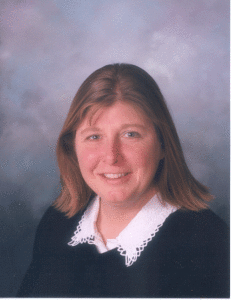
Professor of Education Teresa Coffman
College of Education Professor Teresa Coffman was recently featured in WalletHub’s recent piece on States with the Best and Worst School Systems. Dr. Coffman answered a series of questions, including the following:
In evaluating the best and worst school systems, what are the top 5 indicators?
The following five key indicators tend to be used most often when considering a school system’s performance:
- Student academic achievement,
- Instructional quality,
- School climate,
- Graduation and attendance rates, and
- Satisfaction of teachers, administrators, staff, caregivers, and students.
In lower-performing schools, funding has an impact on each of these five indicators. Teachers may be qualified to teach, but many may be first-year teachers with limited mentorship opportunities within the lower performing school resulting in higher turnover. The ability to provide quality resources might be reduced and the connection between home and school might not be as united as it could be thereby limiting communication and support.
Districts with the best school systems typically have higher funding, more experienced teachers and if there are new teachers’ strong mentorship programs, established student supports, multi-faceted resources, and more community and caregiver connectedness between the school and the surrounding neighborhoods. Read more.

